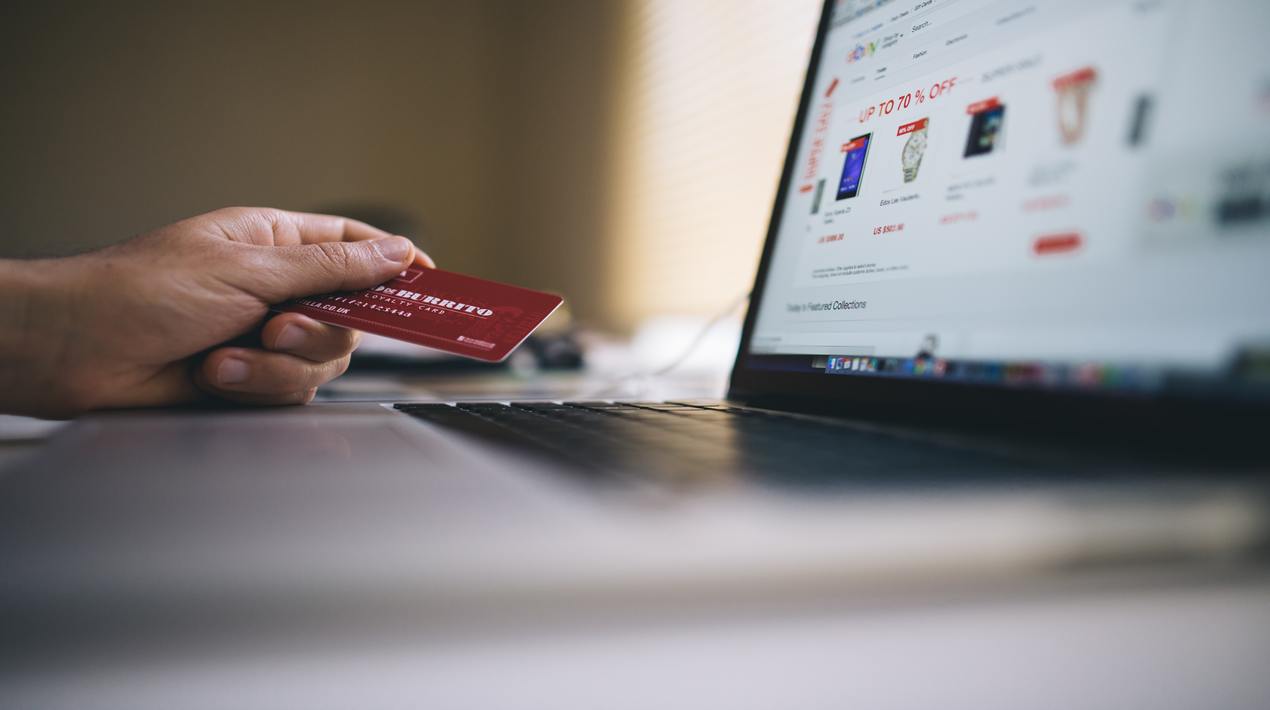
Enterprises and government agencies alike are increasingly shifting their gaze to online payment portals as tools that can help them navigate through public transactions more conveniently. This is as the world recovers from the impacts of the COVID-19 pandemic which has left major economies accelerating faster in their digital transformation journey.
In the Philippines, several government departments are experimenting with ways to integrate online payments into their operations. These include teaming up with other agencies and those in the private sector to ensure a speedy and more efficient turnaround in transactions.
This vision is shared by the Maritime Industry Authority (MARINA) which in a statement announced that it has inked a Memorandum of Agreement (MoA) with state-owned LandBank of the Philippines (LBP) for the integration of web-based payments for MARINA services.
The agency explained that under the agreement, the MARINA Payment Facility will be integrated with the Landbank LinkBiz portal. This portal is currently being used as a virtual payment channel that allows government and members of the private sector to have cashless payments for MARINA’s products and services.
The LinkBiz portal was earlier launched to lessen direct and indirect costs that are attributed to cash and physical distribution of in-kind goods. The LBP likewise aims to foster accountability and effective tracking of funds on top of prioritising online payments instead of cash transactions to unclog traffic and in turn, save on operation costs.
The portal is equipped to handle large-value funds and quick confirmation of payments through email. It can be accessed by the government and the public sector seven days a week, except during system maintenance.
According to Capt. Jeffrey Solon, who is the Officer-in-Charge of the Office of the Deputy Administrator for Planning of MARINA, the department is optimistic that the new virtual payment facility will bring in more convenience and efficiency in government transactions. He also expressed gratitude on behalf of his organisation to Landbank for the collaboration.
He added during the virtual signing ceremony: “With the eventual implementation of this memorandum of agreement, the MARINA looks forward to maximising the use of this e-payment facility as our modest contribution to the government’s efforts for ease of doing business, and also to adhere to the principles and practices of good governance.”
This statement was echoed by officials from the LBP, adding that they are anticipating that the cashless payment service will enable them to also fast-track their financial dues from MARINA. Marilou Villafranca, the Senior Vice-President of the North National Capital Region Branches Group of the LBP, noted: “Following our MOA signing today, this e-payment facility will be made available to your clients, allowing them to settle their monetary obligations to MARINA in a faster, more secured and convenient manner.”
The MoA signing was well-attended by officials of both MARINA and the LBP, including the Senior Vice-President and the OIC of MARINA’s Office of the Deputy Administrator and the MARINA Administrator Vice Admiral. Officers of LBP’s North NCR Branch Groups Cluster also attended the online event.
The agreement is alongside government efforts to improve the current business climate in the Philippines and government transparency. Republic Act 11032, which promotes the ease of doing business and efficient delivery of government services, was enacted in 2018. It enhanced and amended the Anti-Red Tape Act of 2007 by reducing processing time and eliminating red tape activities in government.
To achieve these goals, many agencies in government are gearing towards digitalisation to fast-track transactions and lessen turnaround time. As earlier reported by OpenGov Asia, a local government in the Philippines has adopted a zero-contact policy. The programme required all departments within the local government to adopt electronic means in the submission of government applications, requests and payments.
















